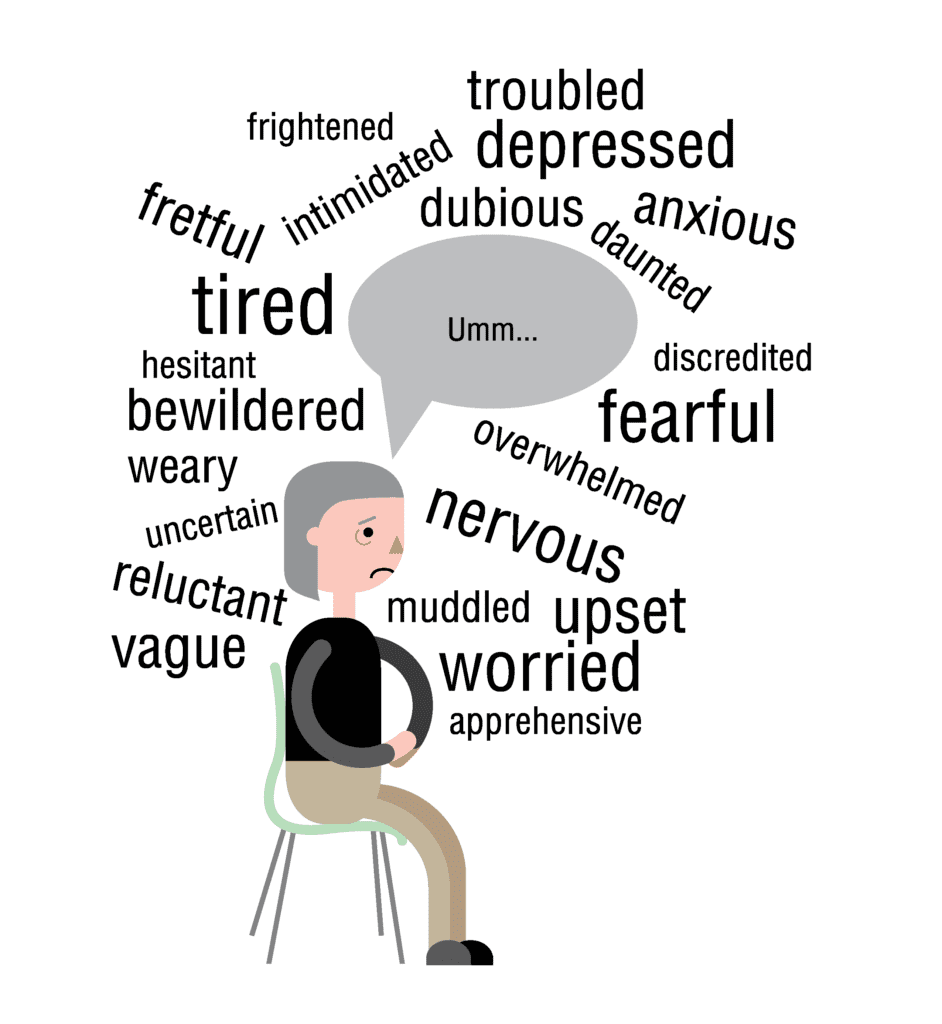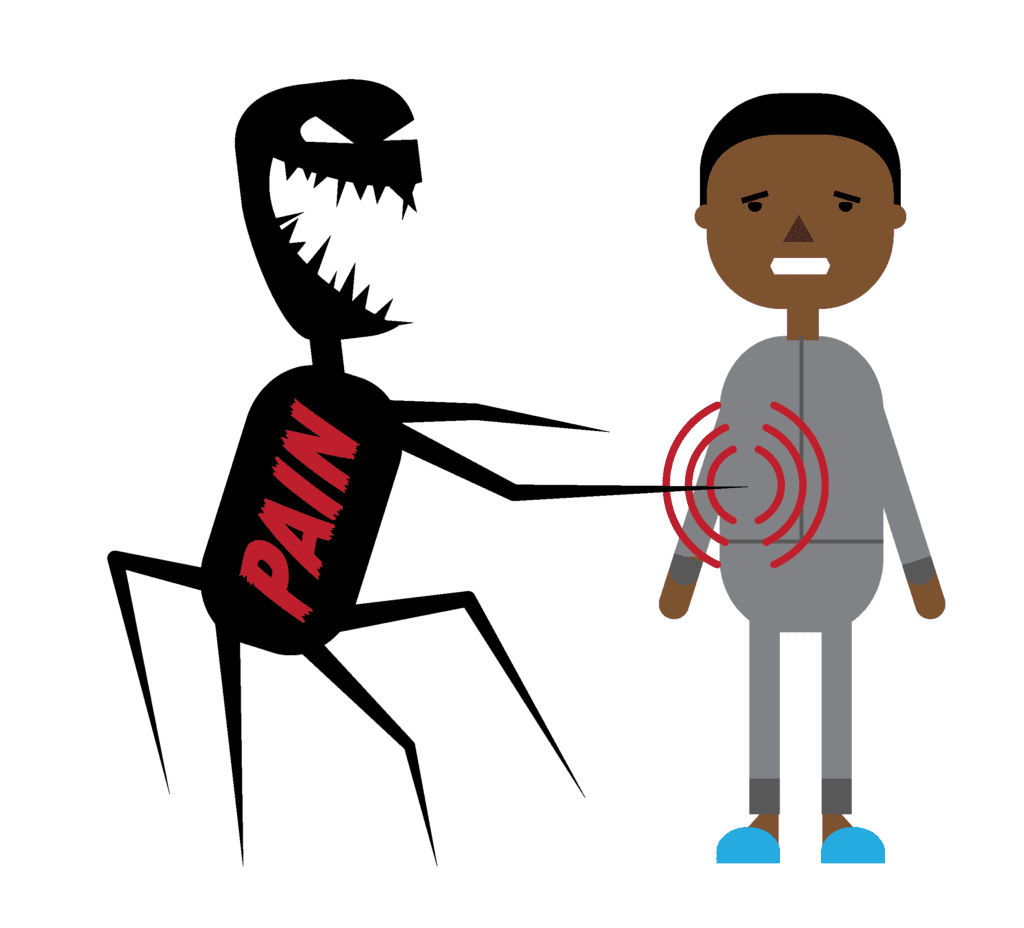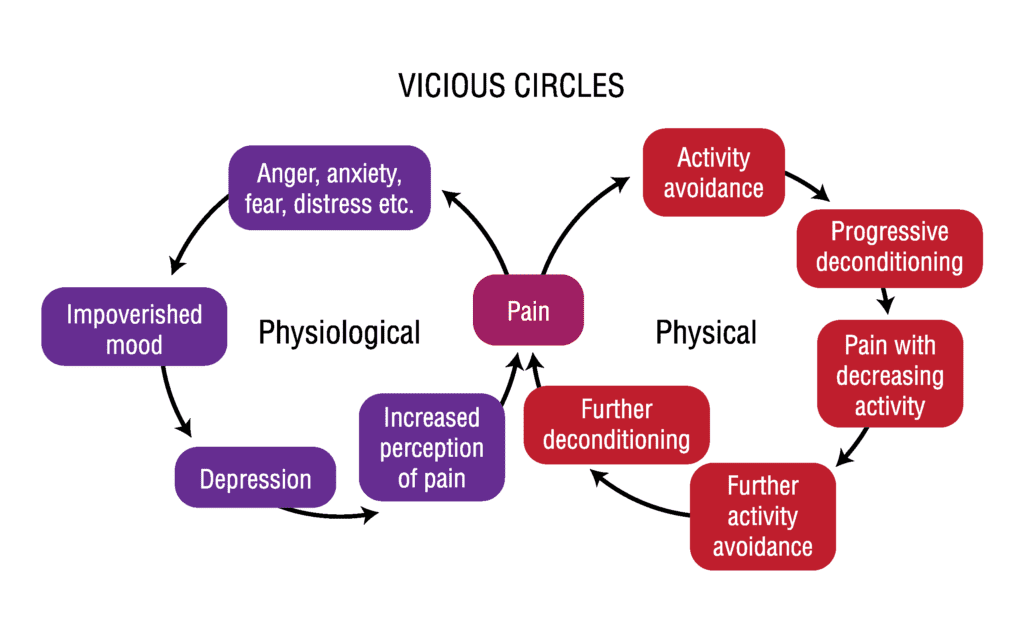We had the honor of speaking with Amy Orr, author of the upcoming book Taming Chronic Pain. The book serves as a guide for those suffering from chronic pain, from the perspective of someone who has dealt with her own chronic pain issues. Taming Chronic Pain will be released on August 15, 2019. Read on for the full interview with Amy Orr.
What is your history with chronic pain?
My history with chronic pain is a long one. It’s not something that snuck up on me yesterday. Actually, it’s something that I didn’t know was chronic pain for a long time. I’ve had the symptoms of fibromyalgia for most of my life but I didn’t know that it was fibro. I didn’t know what fibromyalgia was! I just thought, “Okay, sleep 8 hours a night and I’m still tired, maybe everyone has that! Or, that everyone has back pain when they do stuff”. I was so used to it being part of my body that I didn’t really question it. So, I was coping with what was chronic pain, without knowing that I was doing it.

And then about 10 years ago, I was hit with a more serious illness. For the first time, I was connected with doctors who asked the right questions. That made me ask, “Well, wait for a second, there’s a name for this?” Once you know what’s going on, you have a lot more freedom to start exploring how better to manage your life. So that’s what I’ve been doing for the last 10 years and [I’ve] had a lot of success with finding pain meds that actually work, that don’t knock you off your feet every time you use them. [That’s] the journey I’ve been on for a while, which I’m sure you guys know is different for everybody.
Was there a specific inspiration for you writing this book?
It was really my own experiences with chronic pain. I didn’t intend to start writing a book. Instead, it started off as writing a series of notes for myself. I’m one of those people who writes everything down anyway. I had read a lot of books after I got [my] diagnosis and I’d done a lot of my own research, reading stories online and joining support groups. And some little things began to stand out to me. For example, I thought, “Well, I find that really helpful. I didn’t really see that written down anywhere. I haven’t heard that before”. As I started collecting these notes to myself, it started looking more and more like a full-length book. The A-Z of how to live with [chronic] pain. It just grew organically from there.
Did you talk to a lot of other people in writing this book or is it mainly your own experience?
It’s based mainly on my own experience, but I talked to other people as well. I’m a member of a few different online support groups for chronic pain, and I reached out to people while researching this book. I would ask, “What are the things you find the hardest? What are the things you wish someone could have told you?”
I’ve also talked to doctors and had a couple of them look over the manuscript to get their input and perspective. One of the chapters talks about how to speak to your doctor and the best ways to go about those appointments. Although the book is very much grounded in my own experience, given that pain is such a personal thing, I have tried to draw on common themes everybody seems to share.
If you could think of the ideal person that would benefit from this book, who would it be?
It’s a fine line, isn’t it? Because some people have fibromyalgia or a neurological disease or chronic migraines and it’s severe every day, while others have an occasional knee injury that flares up. I wanted the book to be applicable to either end of the spectrum.


I wrote it for a younger version of myself, although I know that probably sounds a little self-serving. Because I was coping without knowing that I was coping, without really internalizing all the different things I was doing to try and get through each day. And it’s easy to fall into that trap, to not take a step back and think, “Okay how can I make this better? What can I change that might make my life easier?”
Having the room to do that is really valuable. And that’s what I was trying to give people in this book. I think of the ideal reader as, I don’t wanna say normal, but a normally busy professional person, maybe with kids, maybe married, who has a life that they’re trying to get on with but is hitting these roadblocks of, “Wait, but I can’t do this. Why is this so hard?”
Would this book help someone who has not had a diagnosis yet?
I think this book is helpful to anyone who has a chronic pain diagnosis or is seeking one. As you guys know, the number of people that actually get a firm diagnosis is frighteningly small. A lot of people are still bashing their heads against that brick wall. They think, “If I get to see another specialist, if they do this test, then I’ll find out the answer.”
But that’s not the case for a lot of people. I think that uncertainty can be a really big part of why it messes with your head so much. A big portion of the book talks about the emotional effects of living with chronic pain, whether you have a word to label yourself or not. Because how you feel on a day-to-day basis is often the same.
What is the biggest message that you’re trying to get across?
When I’m talking to people on these forums and support groups, everyone has the idea that there is one right way to deal with something. If I do X, [then] it will have Y result and I will feel better. Or, someone else with fibromyalgia did this and it worked for them, so it should also work for me.


People really want there to be a yardstick to help them understand what they should be doing and to feel like they haven’t done anything wrong. For me, a really important message is there’s no such thing as normal. There’s no one who is doing this perfectly. You don’t have to know what you’re doing or get it right all the time. Or be perfect and act as if you feel well all the time. You can feel like crap and that’s okay. And you can take care of yourself without worrying about other people’s expectations of you. Because I feel like everyone desperately strives to look and seem and feel normal and that’s just an arbitrary yardstick they’re holding themselves to.
One of the tricky things of explaining chronic pain to non-sufferers is that it can change day-to-day. You could be okay one day and not the next. And constantly trying to justify yourself or explain yourself to someone of the ins-and-outs of how your body works when frankly a lot of the time that’s not something that you understand. It’s exhausting and demoralizing.
What does this book mean to you?
I’m really proud of this book. It means that I know a lot more than I thought I did. Even after doing a lot of research, with my husband and I going through years and years of trial and error, it can feel like a constant uphill battle. That’s partly my nature. I always look at where I could be, not where I’ve come from. It helped me understand that I do have control over some aspects of this. I can actively take steps that will make me feel better and will help me live a better life. When I wrote it all down, I realized that I was doing a lot better than I thought I was.
What is your experience with chronic pain?
We want to read all about it in the comments section below!




